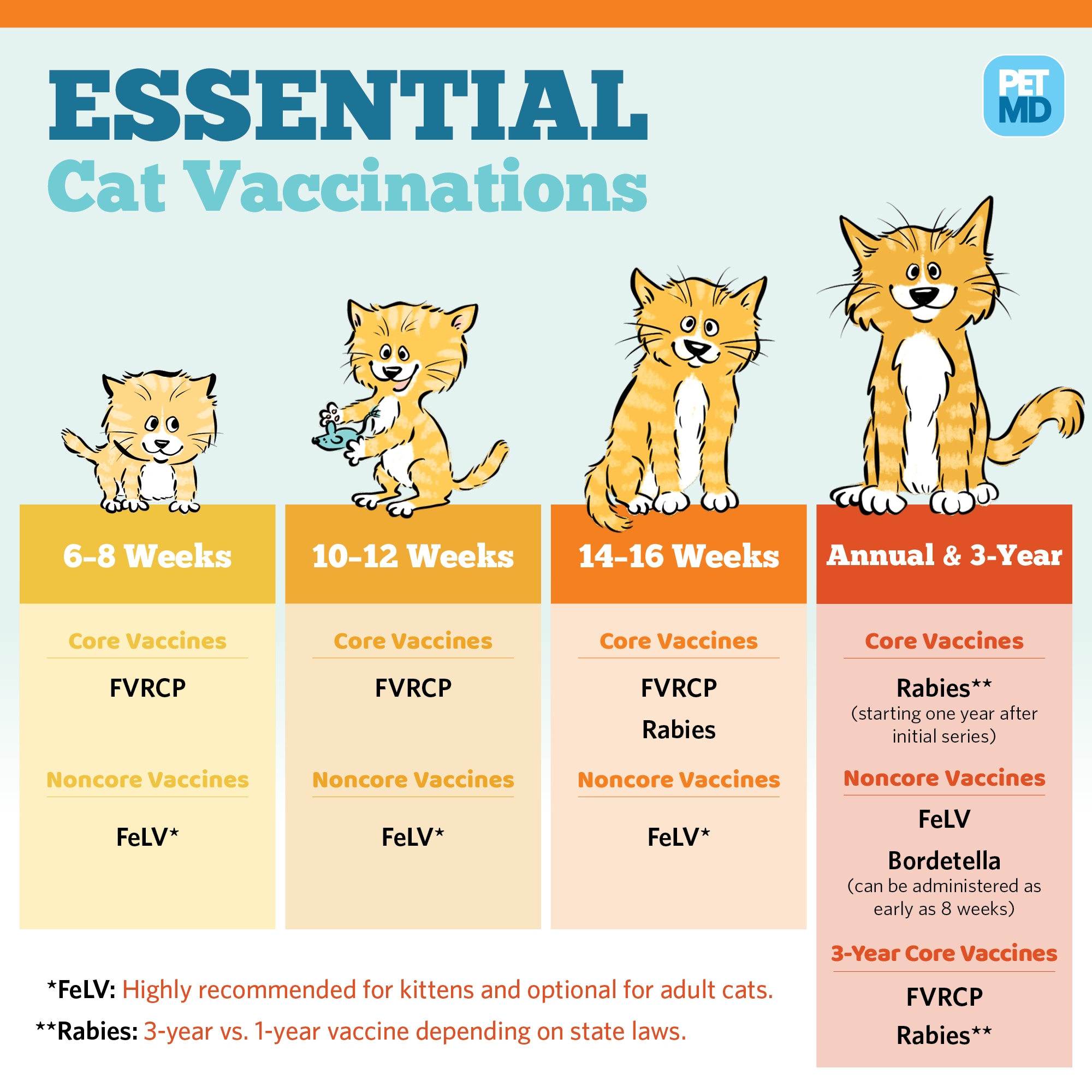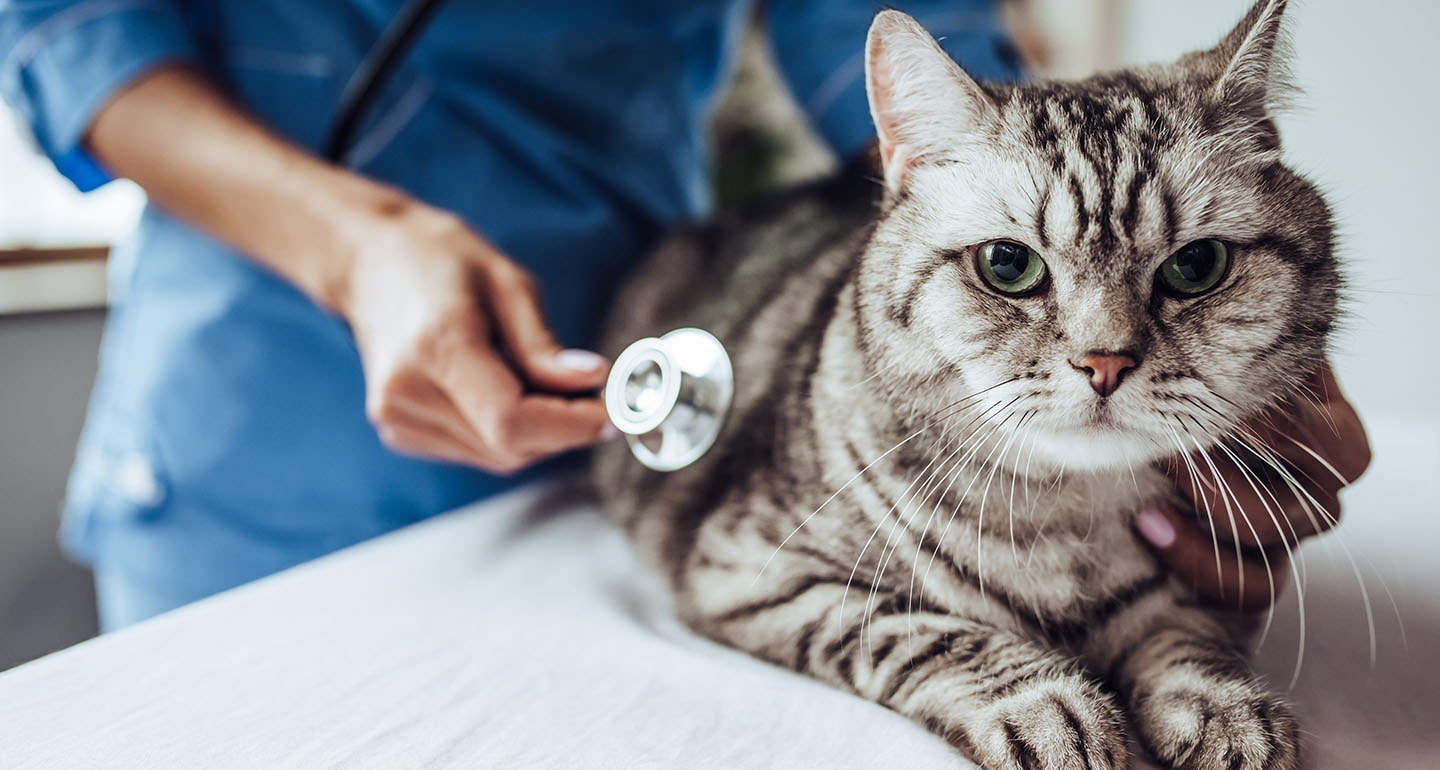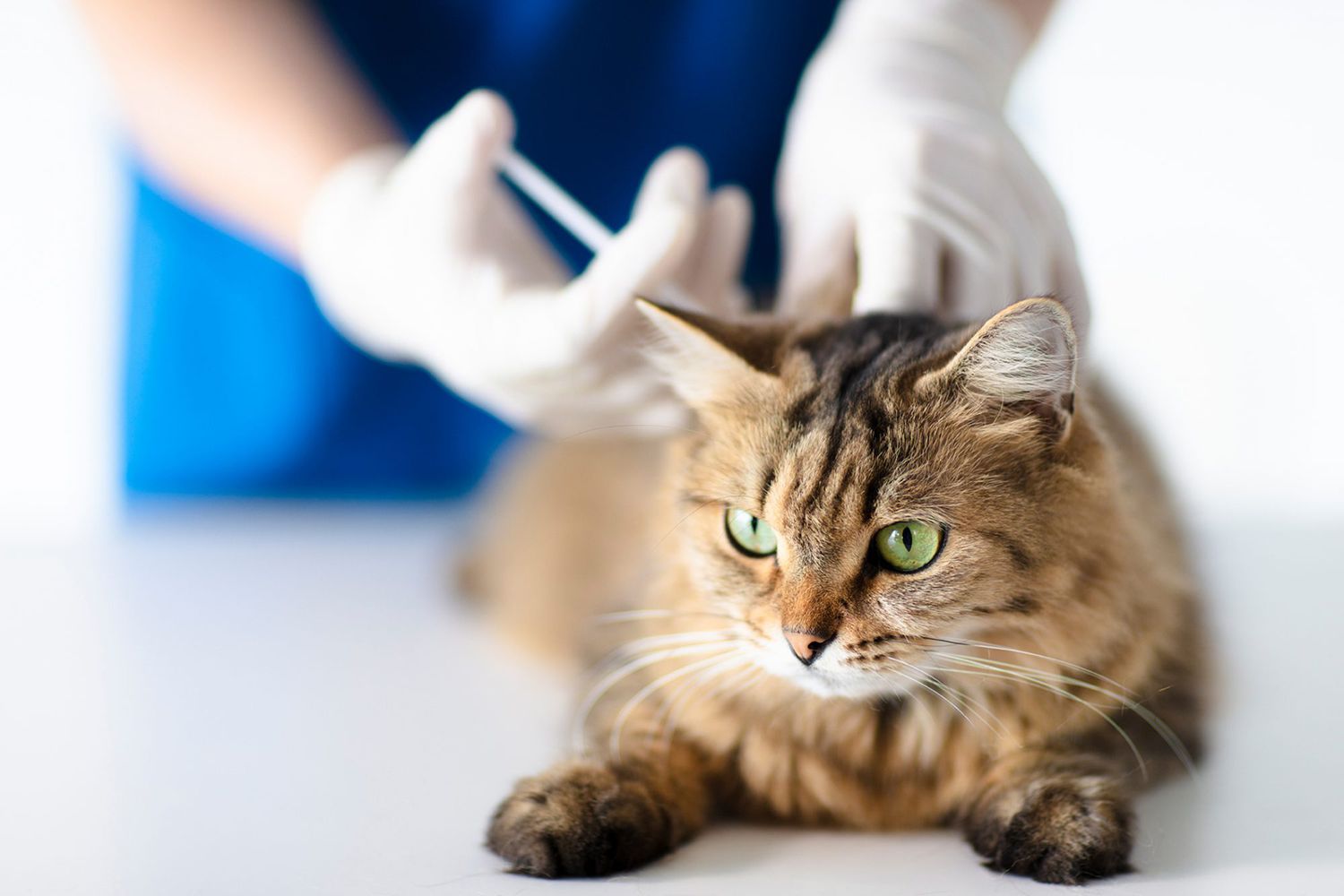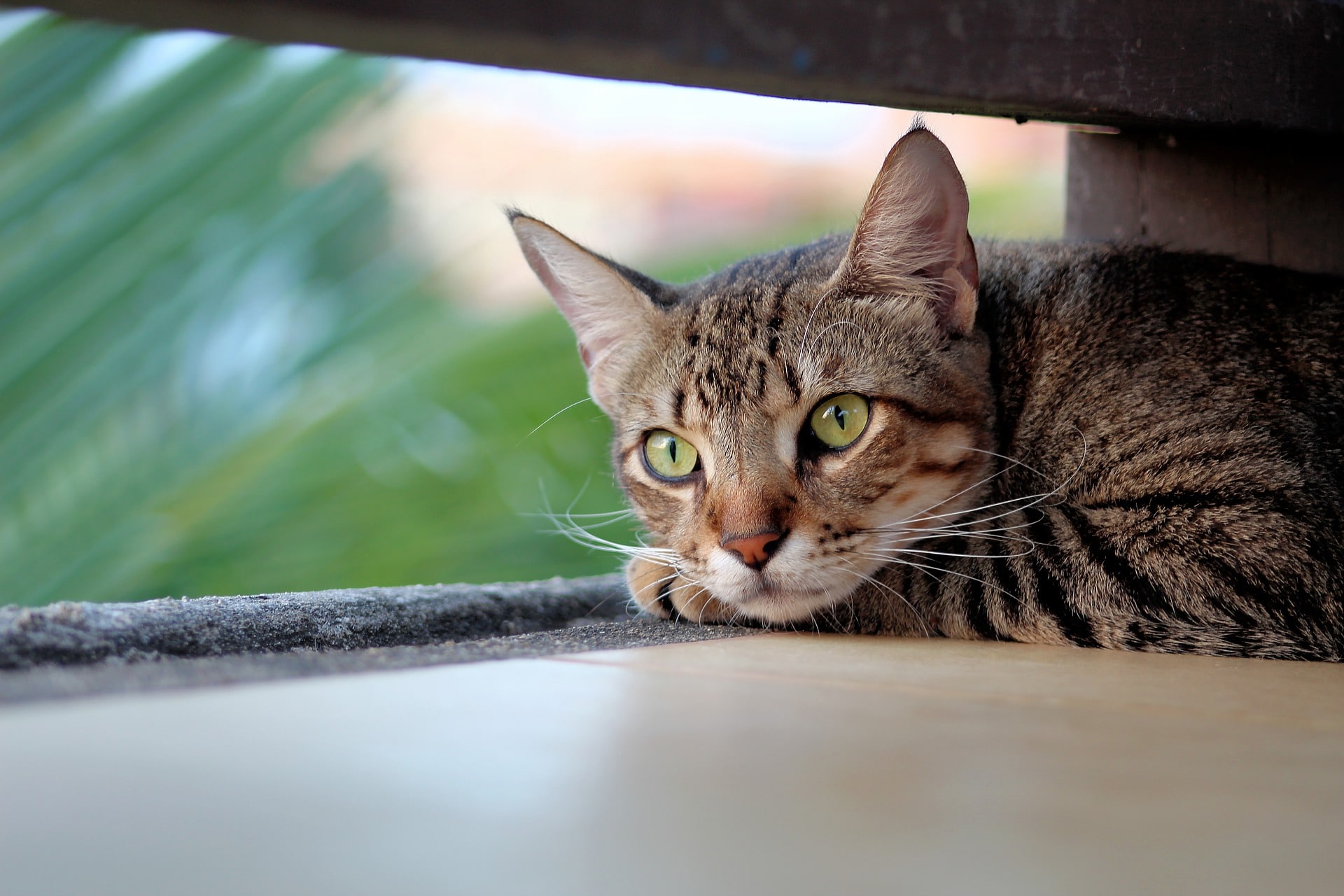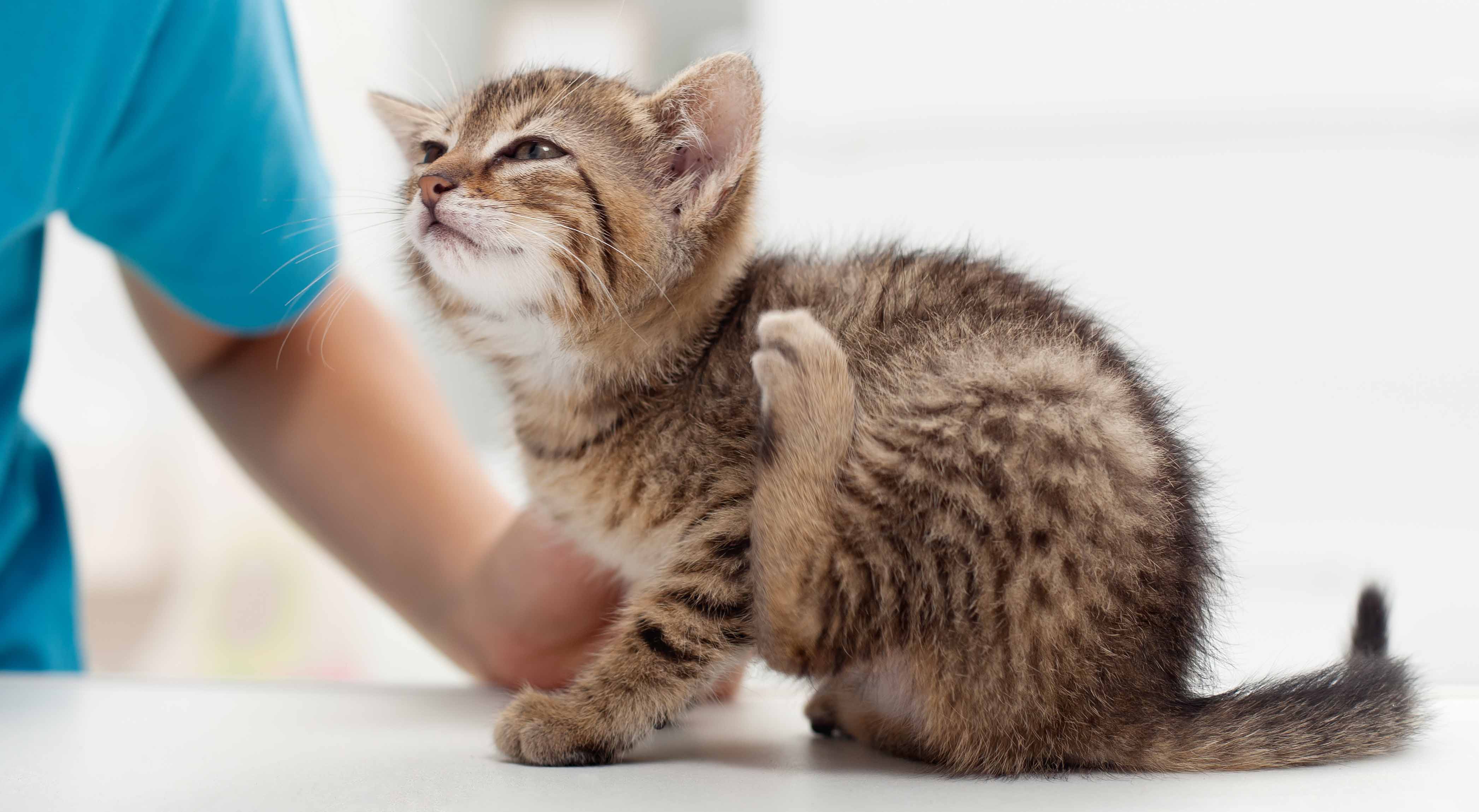Fvrcp Vaccine For Indoor Cats

Feline chlamydiosis caused by Chlamydophila felis infection.
Fvrcp vaccine for indoor cats. Core vaccines for cats are those that are strongly recommended to be administered to ALL catseven for cats that dont go outside. It prevents three potentially deadly airborne viruses. The FVRCP feline viral rhinotracheitis calicivirus panleukopenia also referred to as a distemper vaccine is first given to kittens as a combination vaccine every three.
Non-core discretionary or optional vaccines as recommended by the AAFP for kittens and cats with a risk of exposure to specific diseases. The American Association of Feline Practitioners also recommends rabies vaccination for cats based on the local regulation and a tri-annual FVRCP vaccination to keep your cat in tip top shape. Cats 6 replies FVRCP Vaccine Cats 4 replies All times are GMT -6.
Adult cats whose vaccination history is unknown should receive a single FVRCP followed by a booster one year later before starting the three-year revaccination schedule According to Dr. Rhinotracheitis is a herpes virus and causes fever sneezing a runny nose and eyes. IMO I would not vaccinate an older cat.
If you want proof of immunity what you can do is get a titer test done instead. If there is any risk of exposure a cat should receive a leukemia vaccine for examplebecause if theyre exposed to it its too late Core. FVRCP Feline Viral Rhinotracheitis herpes Calici Panleukopenia feline distemper every 3 years.
Rhinotracheitis calicivirus and panleukopenia. All cats even indoor felines who never go outdoors or interact with other cats should still receive FVRCP shots. For your totally indoor cats I recommend the FVRCP and the rabies vaccine.
Some vaccines are recommended for all cats. Symptoms include sneezing a runny nose and drooling. I therefore recommend that all cat owners diligently have their cats vaccinated with the so-called FVRCP at 6-8 weeks 10-12 weeks and 14.
